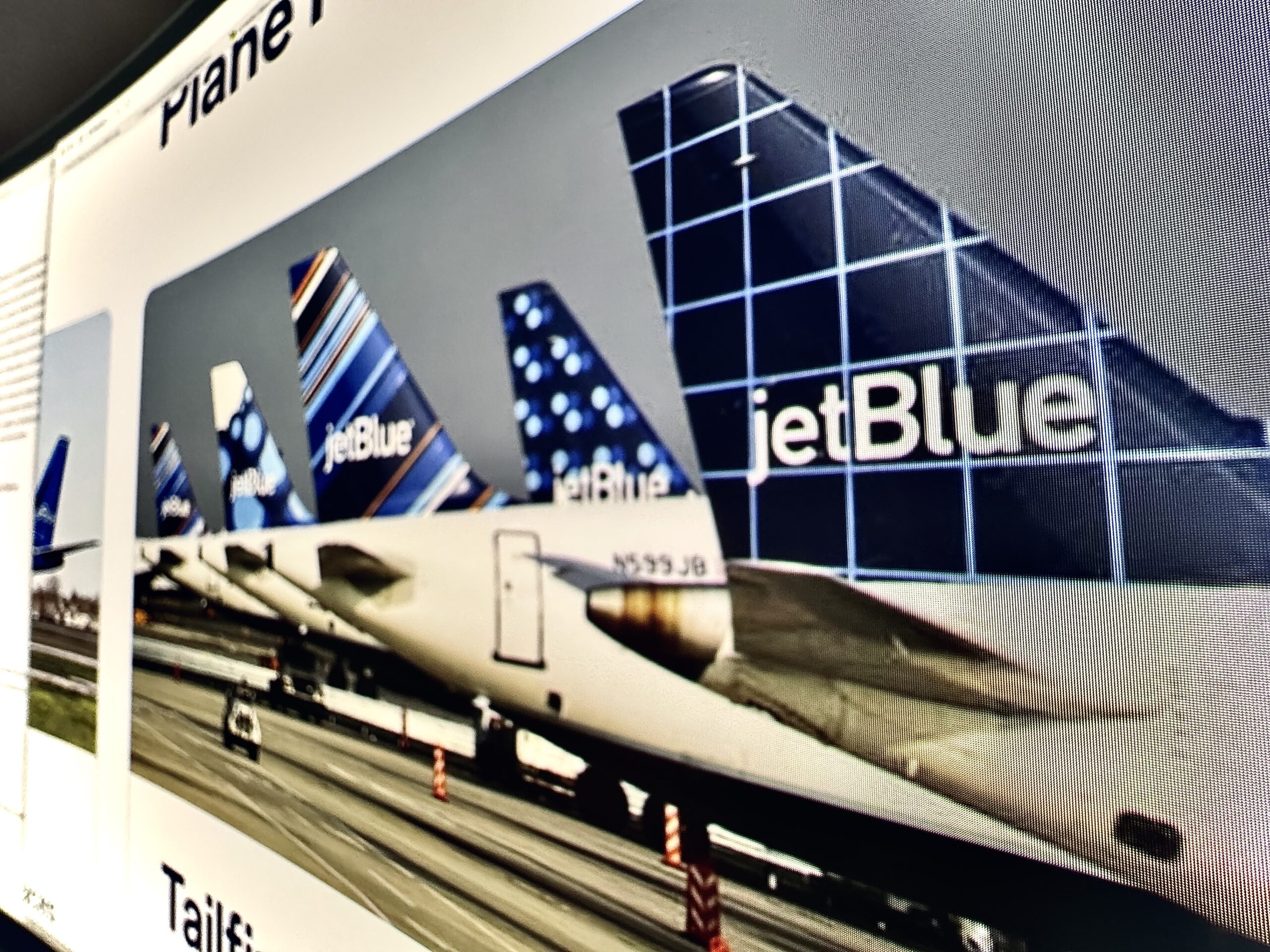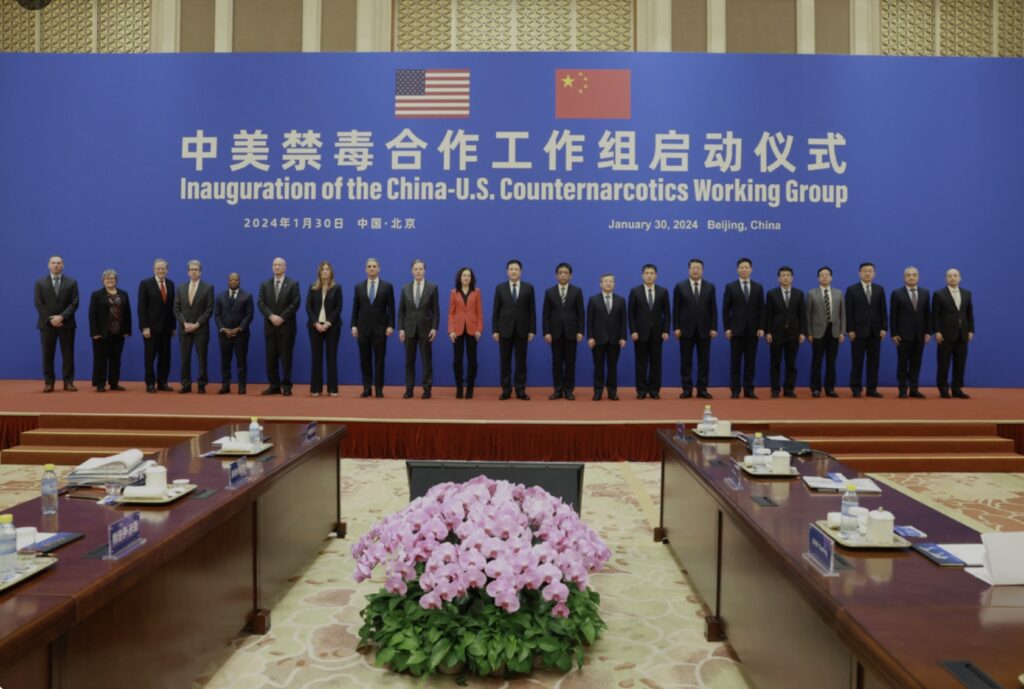Federal Judge Blocks Merger between JetBlue and Spirit Airlines
| By Lauren LaPorta |
Antitrust in the Air
The airline industry faced a significant turn of events when a federal judge, siding with the Biden Administration, blocked what would have been the biggest airline merger in the United States in over a decade. This decision halted JetBlue’s attempt to acquire Spirit Airlines for $3.8 billion, a move contested by the Department of Justice and several state attorneys.
Judicial Decision Against Merger and Its Impact on Industry Dynamics
Two weeks ago, US District Judge William Young in Massachusetts rejected the multi-billion-dollar deal between JetBlue and Spirit Airlines. This decision marks a victory for the Justice Department, which had filed a lawsuit against the companies last year. Young’s decision echoes the Justice Department’s concern that the deal would significantly reduce competition and “harm cost-conscious travelers who rely on Spirit’s low fares,” Young wrote. This decision underscores the Biden administration’s increased scrutiny of the airline industry, as past mergers have led to a notable decrease in competition. For example, the Biden Administration blocked a partnership between American Airlines and JetBlue last year that would hinder competition in key Northeast markets. However, other prominent airline companies in the industry continue with their acquisition plans, including Alaska Air Group which announced last December that it plans to acquire Hawaiian Airlines for $1 billion.
JetBlue’s Thwarted Ambition
JetBlue’s intention behind acquiring Spirit Airlines was to become the fifth-largest airline in the U.S., challenging the dominance of United, American, Delta, and Southwest. Despite their arguments, antitrust enforcers remained unconvinced. Judge Young remarks, “The airline industry is an oligopoly that has become more concentrated due to a series of mergers in the first decades of the twenty-first century, with a small group of firms in control of the vast majority of the market.”
Spirit’s Challenges
Spirit Airlines, now facing the aftermath, struggles with post-pandemic growth issues, including delayed plane deliveries and a pilot shortage. The airline also needs to tackle its significant debt of about $1.1 billion, due in September of next year, without the support of the JetBlue merger. The financial markets reacted negatively to the collapsed deal. Spirit’s stock and bonds declined sharply, with shares dropping to $5.70, a sixty-percent decrease from the previous week, highlighting the deal’s crucial role in Spirit’s financial strategy. Now, Spirit stands at a critical juncture where it must turn around its operations and devise a strategy to address its upcoming debt obligations on its own.



